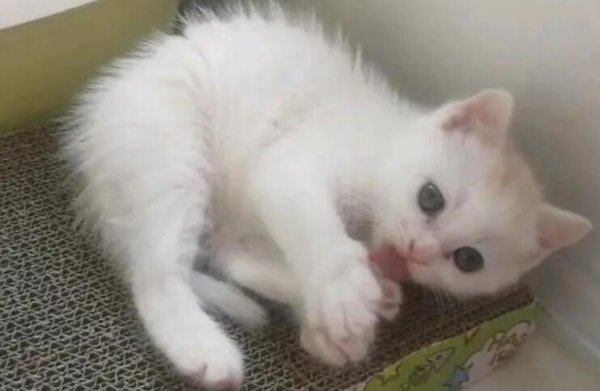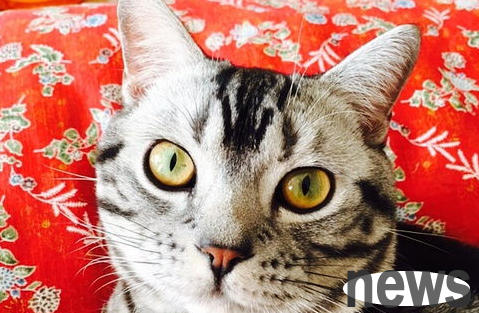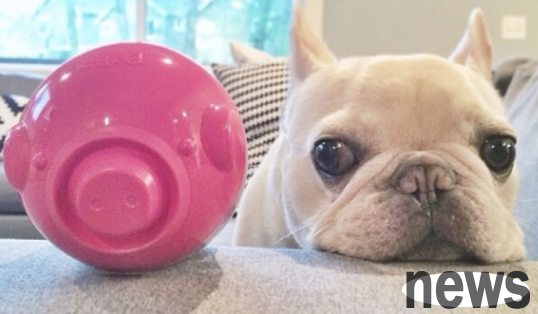Is it harmful to cats to have diarrhea? What are the causes of cats to have diarrhea?
Diarrhea means "dimia", which is a mild or serious disease for cats. It can be cured by yourself if you are lighter. In severe cases, it can even endanger life. Diarrhea is especially fatal to kittens, so although the disease is small, it should not be underestimated. So is it harmful to cats to have diarrhea? What are the causes of cats to have diarrhea?
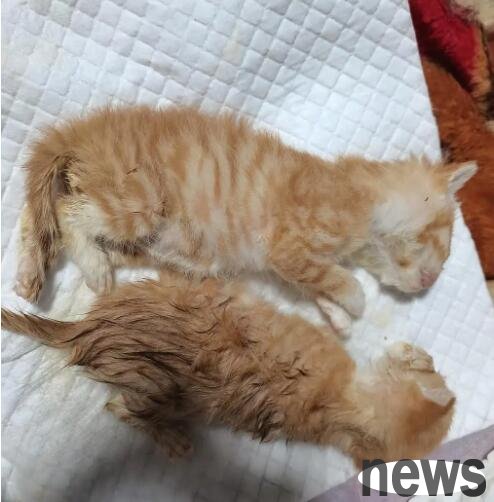
If the cat is not very molded soft or pasty thick stool, there is no obvious fishy smell, and there is no symptoms such as vomiting, fever, loss of appetite and depression, it may be what we often say, "I'm not dealing with it" or catching a cold. At this time, we need to reflect on whether we have changed the food for the cat?
Causes of diarrhea, what should we do if the cat has diarrhea? Or is the meat or canned food that is not fresh? Are we frozen? If so, please correct it in time and give the cat a fast for 12-24 hours. Don’t break the water! You can also feed some six types of Gudeng bacteria and other drugs that regulate intestinal function. In addition, if your cat is taking certain medications, you also need to check whether the side effects of the medication may cause diarrhea.
When cats are frequently excreted and their feces are watery, it is considered severe diarrhea. At this time, cats are often accompanied by pungent fishy smell, sometimes accompanied by jelly-like mucus and even blood. At this time, the first thing we need to do is fasting, and do not give it any food, and replenish a lot of water.
Diarrhea can easily lead to dehydration, especially for kittens, and it is even fatal. Therefore, when the cat has severe diarrhea, if the cat does not drink water on its own initiative, try to give it enough water. At the same time, you can feed some Mommy Love and Montmorillonite powder. If the cat's condition still does not improve at 24 hours, please take the cat to the hospital as soon as possible.
Tip: It is very dangerous for kittens to suffer from diarrhea. Once watery symptoms appear, be sure to stop diarrhea immediately, otherwise it will be easy to dehydrate and die.
What are the causes of diarrhea in cats?
1. Let’s talk about the causes that occur in the intestines
1. Dietary reasons. Dietary causes are the main cause of acute diarrhea and are also the easiest to solve. Specifically, it includes overeating, sudden changes in diet, food intolerance or allergies (allergic and intolerance are two concepts. Food intolerance refers to the inability of cats to digest the food, such as lactose. Food allergies refer to the abnormal reaction of the immune system to food, and the symptoms are not just diarrhea.), food poisoning, etc. Food intolerance is by far the most common cause of food-related diarrhea in cats and is prone to osmotic diarrhea.
2, Viral and Bacterial Infections. Mainly Salmonella, Campylobacter and E. coli. It can easily lead to secretory diarrhea.
3. Inflammatory bowel disease (IBD). IBD is a persistent inflammation of the gastrointestinal tract, without any identifiable pathogens or triggers, and is one of the most common causes of chronic diarrhea in cats.
4. Parasitic disease. Including nematodes, giardia worms, and trichomonas.
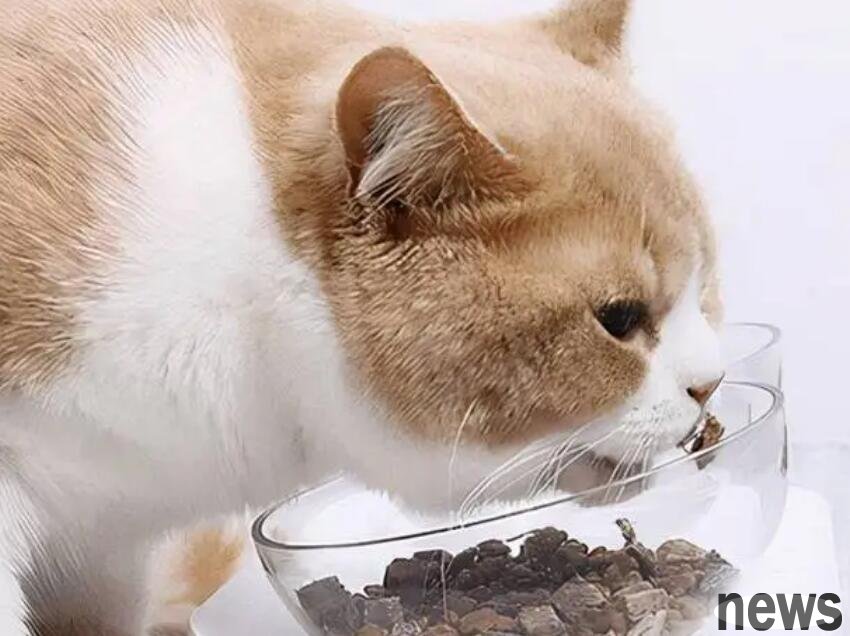
2. Causes of parenteral tract
1. Insufficient pancreatic exocrine fluid (PEI). Under normal circumstances, digestive enzymes are secreted into the duodenal cavity when eating. When suffering from EPI, the gradual loss of islet acinar cells will lead to insufficient digestive enzymes secreted into the duodenal cavity, resulting in food not being digested normally. The most common symptoms are abdominal pain and diarrhea, usually water-style stool.
2. Hyperthyroidism. Hyperthyroidism is what is called "hyperthyroidism". This is caused by excessive secretion of thyroid hormones, which leads to increased excitability of the body's nerves, circulation, digestive systems and hypermetabolic systems. Diarrhea and eating too much are symptoms of abnormal metabolic hyperactivity.
3. Liver disease and renal failure. Liver diseases can cause the body to release more histamine, which promotes the permeability of the blood vessel wall of the intestinal mucosa, promotes increased secretion of intestinal fluid, and thus causes diarrhea. Renal failure can also lead to diarrhea, but diarrhea is not the only symptom, so other symptoms of renal failure can be judged whether it is diarrhea caused by renal failure, such as frequent urination, oliguria, etc.




